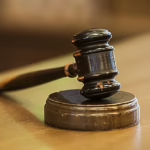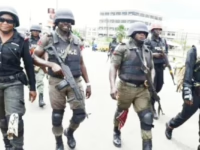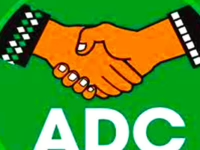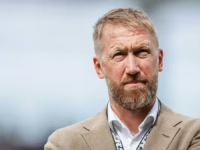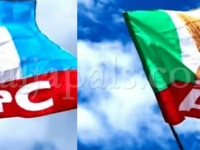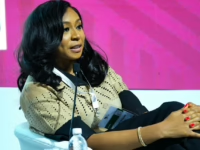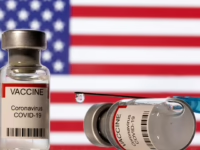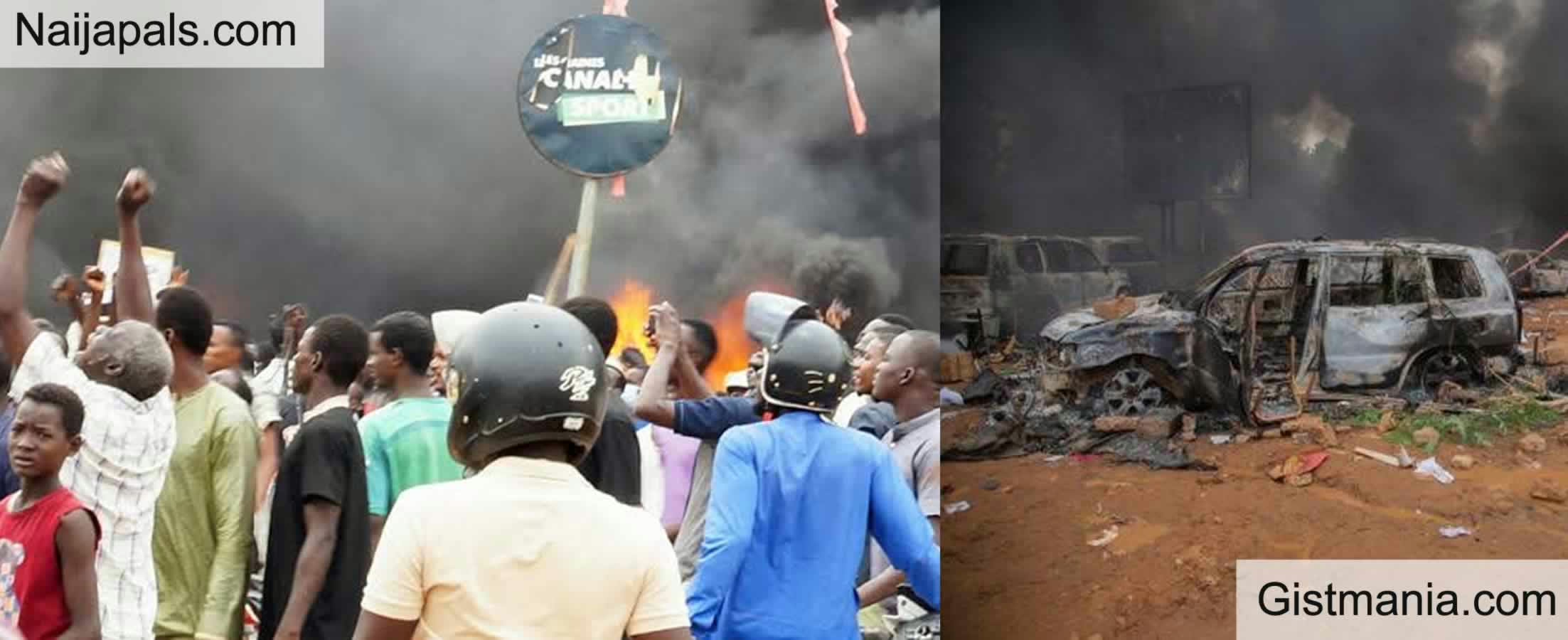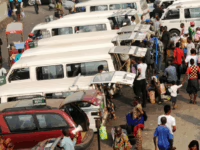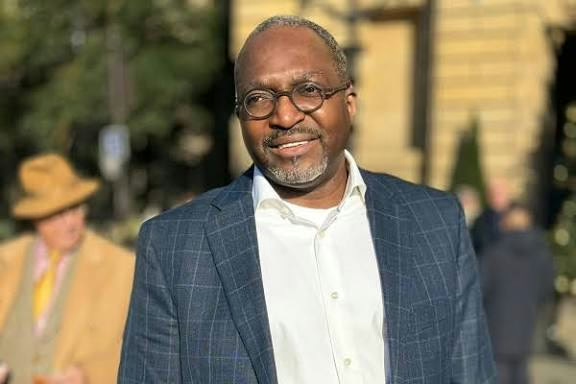On Sunday, Mr. Ademola Oshodi, the Senior Special Assistant to the President on Foreign Affairs, addressed concerns regarding the postponement in ambassadorial appointments and its alleged impact on Nigeria’s diplomatic engagements.
During an appearance on Channels Television’s Inside Sources, hosted by Laolu Akande, Oshodi, who also serves as spokesperson for former Vice President Yemi Osinbajo, portrayed President Bola Tinubu as Nigeria’s foremost diplomat. He highlighted the President’s direct involvement in international forums aimed at boosting foreign investment and strengthening bilateral ties.
Oshodi clarified that the ambassadorial appointment delays are not the result of negligence but stem from a conscious “strategic and fiscal choice” by the federal government. The current administration is focusing its efforts on urgent domestic reforms, particularly in areas such as national security, infrastructure development, and food security.
“The decision regarding ambassadorial postings is a calculated one by the President,” Oshodi explained. “We are navigating a challenging reform agenda, directing resources to critical sectors. This does not imply a gap in our diplomatic efforts; the President himself has been the primary representative on the world stage.”
He further noted that chargé d’affaires have been assigned to lead many Nigerian diplomatic missions abroad, ensuring continuity in foreign relations. Additionally, institutions like the Nigerians in Diaspora Commission (NIDCOM) continue to play vital roles in engaging with Nigerians overseas.
RELATED: Morocco clinches historic U-20 World Cup title after defeating Argentina in final
“It is crucial for the public to recognize that there is no diplomatic void,” Oshodi stressed. “Chargé d’affaires are actively managing missions, and our agencies remain operational to uphold Nigeria’s international presence.”
This statement comes two years after President Tinubu ordered the recall of all Nigerian ambassadors from the country’s 109 foreign posts, which include 76 embassies, 22 high commissions, and 11 consulates, as part of a “comprehensive diplomatic review.”
In September 2023, the President acknowledged the complexity involved in appointing new envoys, citing political and regional dynamics as factors prolonging the process. “There are still ambassadorial positions to fill,” Tinubu remarked. “It’s a delicate task to finalize these appointments.”
Since the recall, most Nigerian missions have been overseen by chargés d’affaires or senior consular officials while awaiting the confirmation of new ambassadors.
Oshodi insisted that the lack of formally appointed ambassadors has not diminished Nigeria’s diplomatic influence. He pointed to President Tinubu’s active engagement in regional and international platforms such as ECOWAS, the African Union, and BRICS-related summits, as well as meetings with global investors.
“The President has maintained a strong international profile, advocating for investment opportunities, security collaborations, and environmental initiatives,” Oshodi affirmed.



